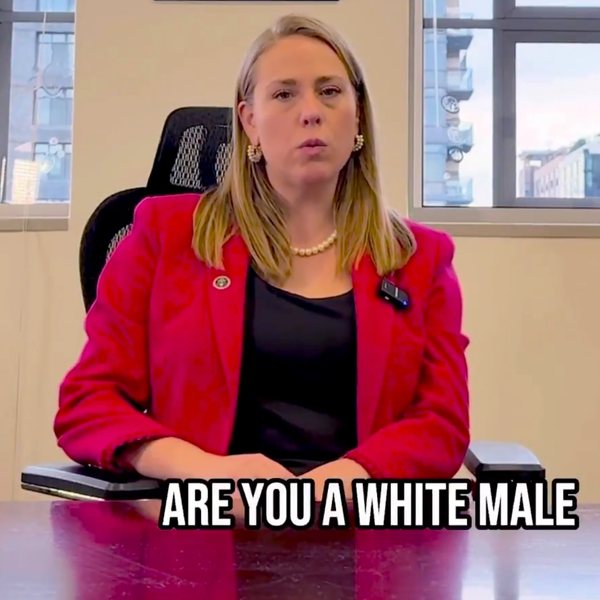
In 1956, during the Montgomery bus boycott led by Dr. Martin Luther King Jr., Mississippi’s senior U.S. Senator James O. Eastland spoke at a pro-segregation rally.
Robert Caro, in his book Master of the Senate, describes Eastland’s racist rant to the crowd:
“In every stage of the bus boycott we have been oppressed and degraded because of black, slimy, juicy, unbearably stinky n——-s … African flesh-eaters. When in the course of human events it becomes necessary to abolish the Negro race, proper methods should be used. Among these are guns, bows and arrows, slingshots, and knives. … All whites are created equal with certain rights, among these are life, liberty and the pursuit of dead n——-s.”
This week, during a fundraiser in New York City, Democratic presidential candidate Joe Biden reportedly cited his relationship in the Senate with Eastland as an example of his ability to engage the opposition with civility.
“He never called me ‘boy.’ He always called me ‘son,'” Biden told donors. “Well, guess what? At least there was some civility. We got things done. We didn’t agree on much of anything. We got things done. We got it finished. But today, you look at the other side and you’re the enemy. Not the opposition, the enemy. We don’t talk to each other anymore.”
He never called me “boy.” No mention of how “boy” was a common term of derision and disrespect for black men in the Jim Crow south, or how Biden’s white skin determined Eastland’s willingness to work with him. Instead, we’re supposed to see Biden’s ability to get along with a man who called black people “an inferior race” as a model for how to engage with civility in 2019.
When I first learned about Biden’s comments, I thought about all the black people in my life: friends, neighbors, students and colleagues. How would they feel hearing this? What did they deserve to hear from white people like me?
I had to do what I’m always insisting other white people do during uncomfortable discussions about race: Speak up.
My message, on Twitter and on my public Facebook wall: If Joe Biden wants to boast about his relationship with a racist, he is not who we need to succeed the racist in the White House.
Some white Democrats, whom I know to be thoughtful people, criticized me for taking Biden out of context. I agree that context matters, which is why I started this column with Eastland’s own words.
Here’s more context, from this week:
On Monday, Donald Trump tweeted that ICE officials would begin “removing millions of illegal aliens,” which is his term for men, women and children who are brown-skinned. This massive forced exodus, if carried out, will likely lead to countless deaths of families who fled for their lives and sought asylum here. If you are a self-proclaimed Christian and support treating fellow human beings this way, please spare me your talk about how you know Jesus.
On Tuesday, in the wake of Netflix’s release of the powerful miniseries, When They See Us, a reporter asked Trump if he would apologize to the Central Park Five for demanding their deaths in 1989. They were black and innocent, and all five were exonerated in 2002.
Trump’s response: “You have people on both sides of that. They admitted their guilt. … So we’ll leave it at that.” There it is again: “You have people on both sides…”
There were countless ways for Joe Biden to illustrate his willingness to work with those with whom he disagrees. This week, he chose to talk about his relationship with a white supremacist.
I’ve been writing about race throughout my journalism career, so I knew to expect criticism from some white people. Too many of them want to explain away the potential harm of Biden’s comments for people who don’t look like us. This defensiveness illustrates an enduring blind spot for many white liberals: No matter how committed we are to civil rights, we will never know what it feels like to be black or brown in America.
We never have to endure the daily assault of racism, and we need to stop acting like we do.
Connie Schultz is a Pulitzer Prize-winning columnist and professional in residence at Kent State University’s school of journalism. She is the author of two nonfiction books, including “…and His Lovely Wife,” which chronicled the successful race of her husband, Sherrod Brown, for the U.S. Senate. Her novel Erietown will be published by Random House in Spring 2020. To find out more about Connie Schultz (schultz.connie@gmail.com) and read her past columns, please visit the Creators Syndicate webpage at www.creators.com.








